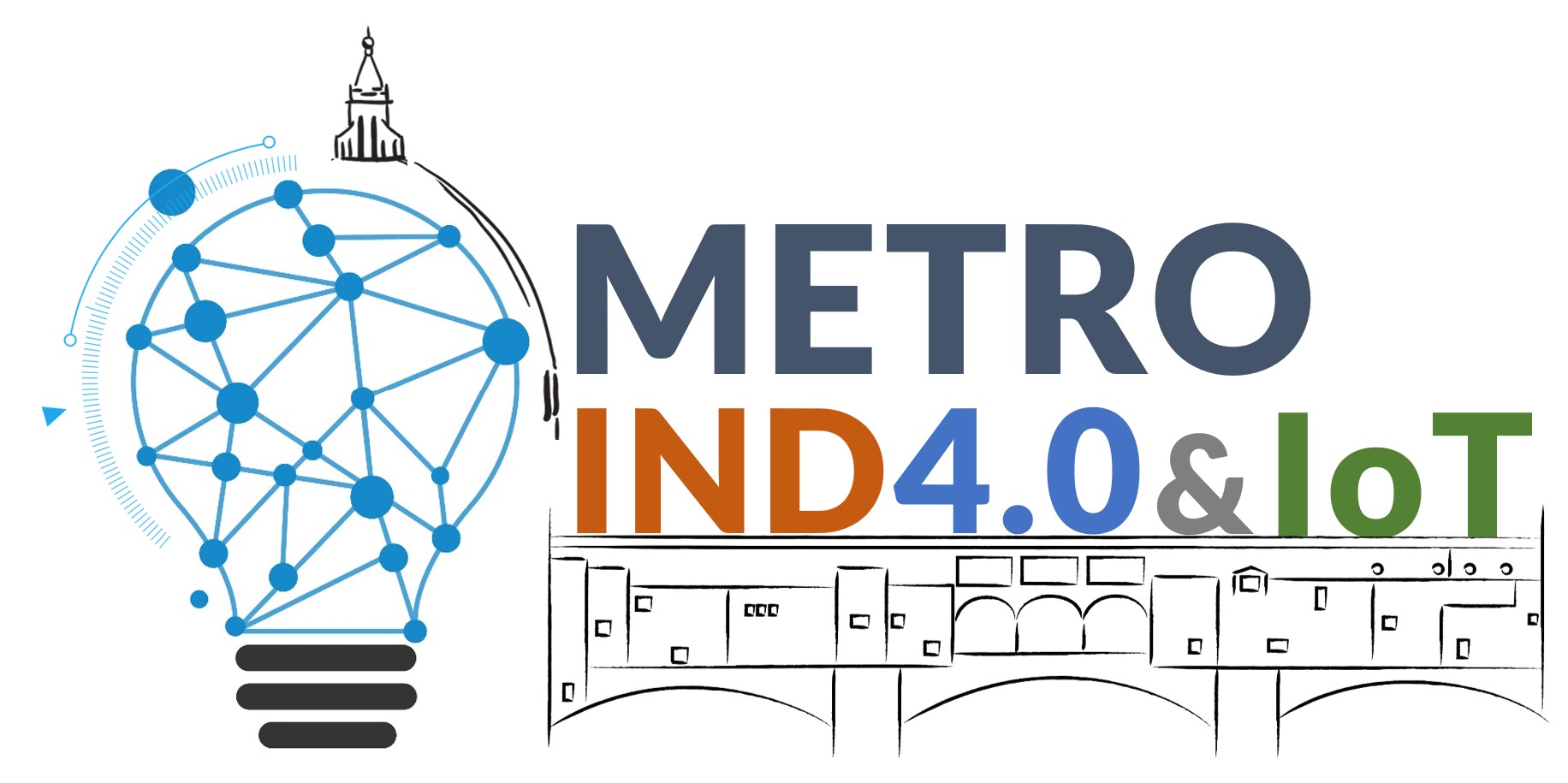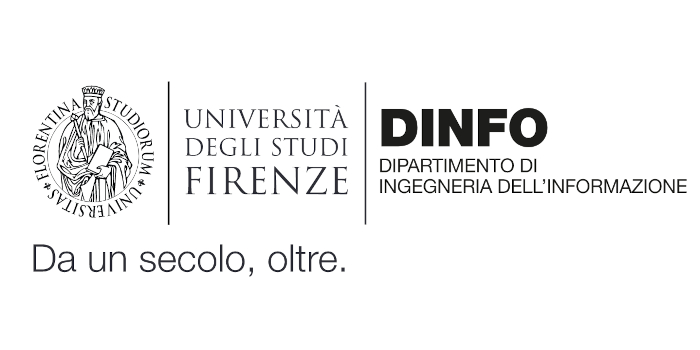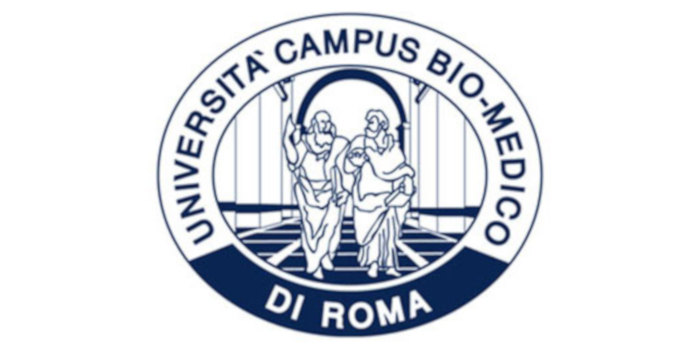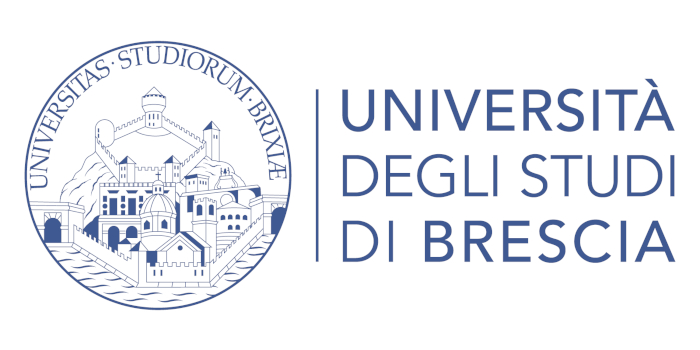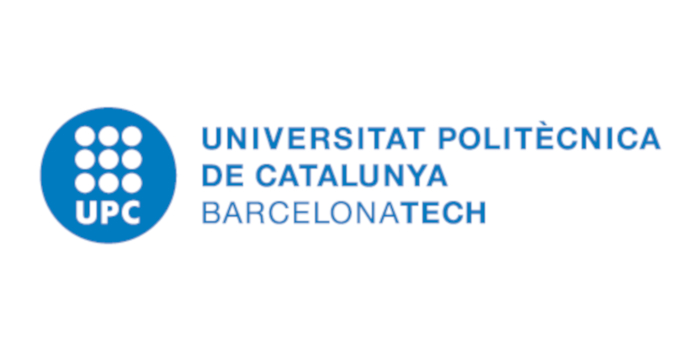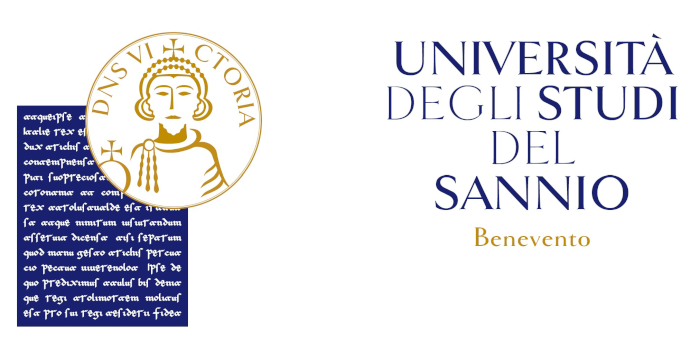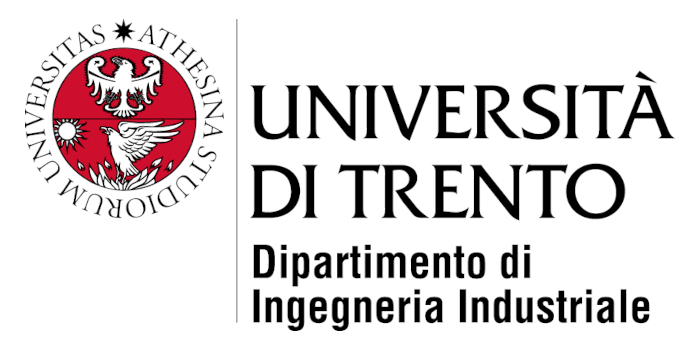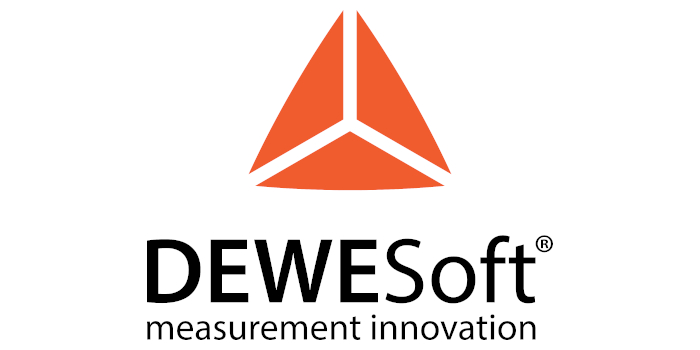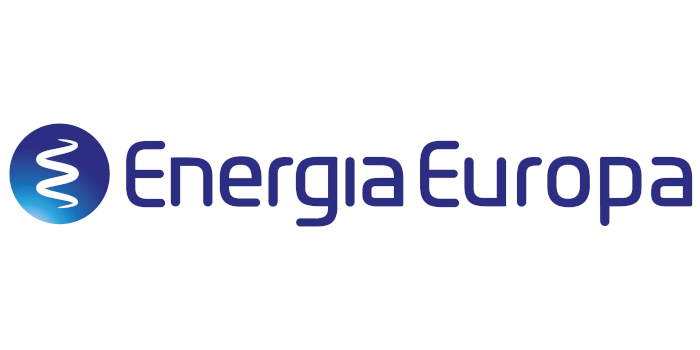Instrumentation and Engineering Platform for Supporting Academia on Developing Technologies for Industries 4.0 & IoT
Chi-Hung Hwang
Taiwan Instrument Research Institute, NARLabs, Taiwan
ABSTRACT
Developing sensors, algorithms, and systems for Industry 4.0 and IoT applications poses significant challenges, especially for academic researchers with limited engineering resources. TIRI, a research institute of Taiwan's research funding agency, is dedicated to aiding the technological advancement of local industries and universities. Recognizing the need for a shared platform that provides engineering resources, prototype testing, data, and field tests is crucial; therefore, several projects to assist academics are executed to realize their novelty in developing new applications for Industry 4.0 and IoT. This presentation will illustrate examples from Taiwan, showing how a research institute supports academia in actualizing their innovative approaches, specifically designed to cater to the needs of Industry 4.0 and IoT sectors. We will introduce several case studies, emphasizing strategies to enhance research collaboration between academic and research institutions and the provision of tools to validate the performance of sensors developed in academia, ensuring the developed sensor systems can meet the standards of industrial applications.
SPEAKER BIOGRAPHY
Dr. Chi-Hung Hwang, a Research Fellow at the Taiwan Instrument Technology Institute of National Applied Research Laboratories, Taiwan, secured his Ph.D. in Power Mechanical Engineering from the esteemed National Tsing Hua University, Taiwan, in 1996. Upon completion of his doctoral studies, he embarked on his professional journey with the Precision Institution Development Center (now recognized as TIRI) of the National Science Council, initially as an Associate Researcher. He was promoted to Research Fellow in 2002 after involvement in a remote sensing system project and payload development program for a demonstrated CubeSat.
Dr. Hwang was deeply involved in PIDC's metamorphosis from a government subsidiary organization into a research-centric national laboratory. He led the planning division, focusing on PIDC's long-term planning. His research endeavors primarily encompass the application of optical methods across diverse fields, including mechanical materials determinations, Optomechatronics, vibration measurements, bio-medical instruments, and image-based measurements.
In the realm of service, Dr. Hwang has an impressive record, having served two consecutive terms as I&M AdCom from 2016 to 2023. His leadership portfolio is extensive, including roles such as Chair of TC-18 since 2019, VP of Conferences (2017-2018), member of the I2MTC Board of Directors (2015-2017), I2MTC Conference Chair (2016), TPC-co-chair (2018), and ATPCs (2021-). Presently, he holds the position of VP of Education for the IEEE I&M Society. In addition, he is the chair of the Optical Method Technical Division of the Society for Experimental Mechanics for the 2023-2024 term.
